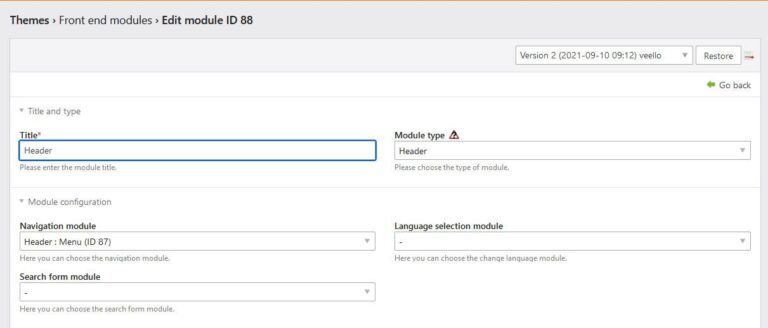Cholera Threat Intensifies in Africa with New Outbreaks in Chad and the Republic of Congo
The resurgence of cholera in Chad and the Republic of Congo has reignited serious concerns about public health across parts of Africa. Cholera, an acute diarrheal illness caused by ingesting water or food contaminated with the bacterium *Vibrio cholerae*, disproportionately affects populations with limited access to clean water and sanitation. As these two nations confront fresh outbreaks, health agencies are urgently coordinating efforts to curb transmission and alleviate the burden on communities already challenged by economic hardship and infrastructural deficits. This article explores the scale of these outbreaks, the interventions underway, and the broader implications for disease control in the region.
Urgent Measures Mobilized to Combat Cholera in Chad and Republic of Congo
Recent weeks have seen a troubling increase in cholera cases reported in both Chad and the Republic of Congo, prompting swift action from national health authorities and international partners. In Chad, over 500 confirmed cases with 45 fatalities were recorded as of September 2023, leading to an official outbreak declaration. The crisis is aggravated by chronic shortages in potable water and sanitation infrastructure, especially in rural and peri-urban zones where the disease is most rampant. Health agencies have deployed rapid response teams tasked with case detection, treatment, and community sensitization to promote hygiene practices.
Similarly, the Republic of Congo reported nearly 380 cases and 32 deaths by October 2023, triggering intensified vaccination drives and water safety interventions. Key components of the response include:
- Deployment of emergency medical teams to hotspots for immediate case management
- Community outreach programs aimed at educating residents on handwashing and safe water use
- Provision of oral rehydration salts (ORS) to prevent dehydration among affected individuals
Given that cholera is both preventable and treatable, these efforts are critical in halting further spread while emphasizing sustainable improvements in water quality and sanitation.
How Sanitation Deficiencies and Contaminated Water Fuel Cholera Transmission Across Africa
The link between inadequate sanitation, unsafe drinking water, and cholera outbreaks remains starkly evident throughout many African regions, including Chad and the Republic of Congo. The disease thrives where human waste contaminates water sources due to insufficient sewage systems or open defecation practices. Contributing factors exacerbating this public health threat include:
- Lack of proper sanitation facilities: Many communities still lack access to latrines or sewage treatment plants, leading to environmental contamination.
- Polluted surface waters: Rivers, lakes, and wells often become reservoirs for *Vibrio cholerae* due to agricultural runoff, industrial waste, or improper disposal of refuse.
- Poor healthcare accessibility: Remote or underserved areas frequently experience delays in diagnosis and treatment, increasing mortality risks.
Moreover, climate variability-such as prolonged droughts followed by heavy rains-and population displacement caused by conflicts or natural disasters intensify overcrowding in temporary shelters with substandard hygiene conditions. These dynamics create fertile ground for rapid cholera transmission.
Recent outbreak data underscores this urgency:
| Country | Total Confirmed Cases (2023) | Total Deaths (2023) | Date Reported |
|---|---|---|---|
| Chad | 504+ | 45+ | September 2023 |
| Republic of Congo | 378+ | 32+ | October 2023 |
To effectively reduce cholera incidence, investments must prioritize comprehensive water sanitation projects, community-led hygiene promotion, and rapid deployment capabilities for outbreak containment. Strengthening infrastructure-such as constructing reliable latrines, protecting wells from contamination, and ensuring consistent access to clean drinking water-is essential for long-term resilience against future epidemics.
Strategies to Bolster Disease Monitoring and Public Health Education Against Cholera Spread
Addressing recent outbreaks requires a coordinated approach combining enhanced surveillance with robust community education initiatives. Key recommendations include:
- Diversifying data collection methods: Leveraging mobile health technologies enables real-time tracking of new cases, facilitating quicker responses.
- Cultivating laboratory capabilities: Upgrading local diagnostic facilities ensures prompt confirmation of suspected cases, improving treatment accuracy.
- Cultivating skilled community health workers: Comprehensive training equips frontline workers to identify symptoms early, administer treatment promptly, and educate households effectively.
- Sustained awareness campaigns:
- Cultivating partnerships with local influencers:
- Mainstreaming health education in schools:
- Cultivating partnerships with local influencers:
| Recommendation Area | Proposed Actions |
|---|---|
| Data Collection Enhancement < td >Adopt mobile reporting tools for outbreak monitoring  < / td > | |







